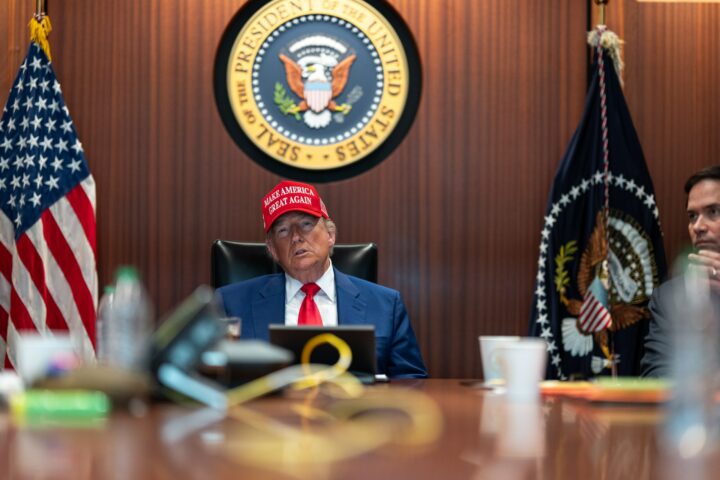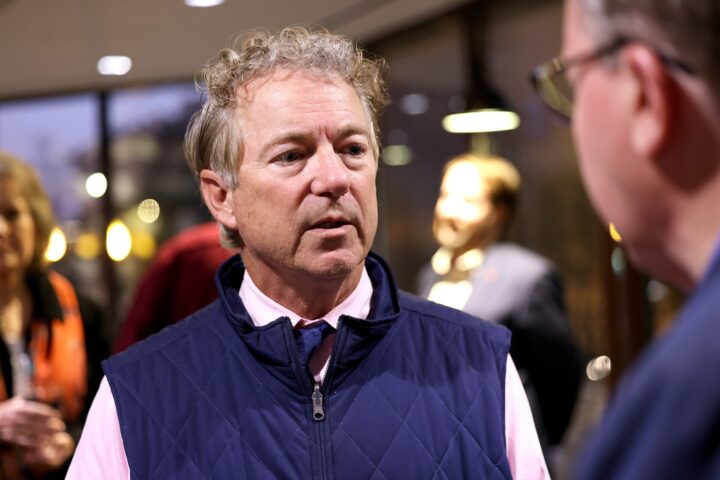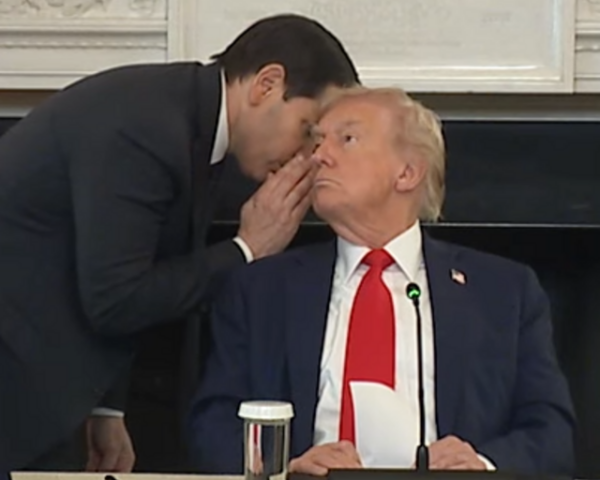President Trump is set to gather leading lawmakers from both parties at the White House this afternoon, with the federal government just days from a partial shutdown. Unless an agreement is struck and passed into law, funding will expire Wednesday at 12:01 a.m., threatening to halt essential services nationwide.
The standoff has hardened over Democrats’ insistence on additional money for failing Obamacare plans that have been propped up by tax credits. Their refusal to back a Republican stopgap measure—designed to keep funding flat through November—has left negotiations stalled, writes The New York Times. With the GOP holding only a narrow majority in the Senate, they need Democratic votes to meet the 60-vote threshold to advance legislation.
So far, Republicans have resisted the demands and instead offered an actual solution to create better health plans for Americans.
A report shared exclusively with The Hill from the White House Council of Economic Advisers outlines how the One Big Beautiful Bill Act, which President Trump signed into law in July, is expected to expand access to HSAs for millions of Americans.
The report points to language in the legislation that reclassifies “bronze” and “catastrophic” health plans on the Affordable Care Act marketplace, allowing more enrollees in those plans to open and contribute to HSAs.
The report also cites an announcement from the Centers for Medicare and Medicaid Services earlier this month expanding eligibility for catastrophic plans for those over the age of 30.
“We estimate the additional enrollment of 3 million in catastrophic plans coupled with the expansion of HSA eligibility for bronze and catastrophic plans, will increase the number of Americans eligible for an HSA to 10 million,” the report states.
Just last week, Trump canceled a scheduled sit-down with Senate Democratic Leader Chuck Schumer and House Democratic Leader Hakeem Jeffries, both of New York, dismissing the value of cross-party talks. Today’s meeting marks the first formal invitation to Democrats of Trump’s current term and Jeffries’ first direct encounter with the president, coming after a recess in which senators made no evident progress.
The Republican measure, a continuing resolution, would extend current federal spending until November 21. Such short-term fixes are common in Congress and, GOP leaders argue, have routinely passed under Democratic administrations.
Senate Majority Leader John Thune, Republican of South Dakota, has signaled flexibility on addressing subsidies in the future but rejected attaching them to the immediate crisis. “I’m very comfortable with the position that we have,” Thune said on “Meet the Press.” “It’s to fund the government, finish the appropriations process and deal with the issues the Democrats want to deal with after we keep the government open.”
The House, under Republican control, already approved the stopgap earlier this month, including $88 million in added protections for members of Congress, senior officials, and Supreme Court justices. Senate Democrats blocked it, but Thune intends to bring it back to the floor on Tuesday—just hours before the shutdown deadline.








